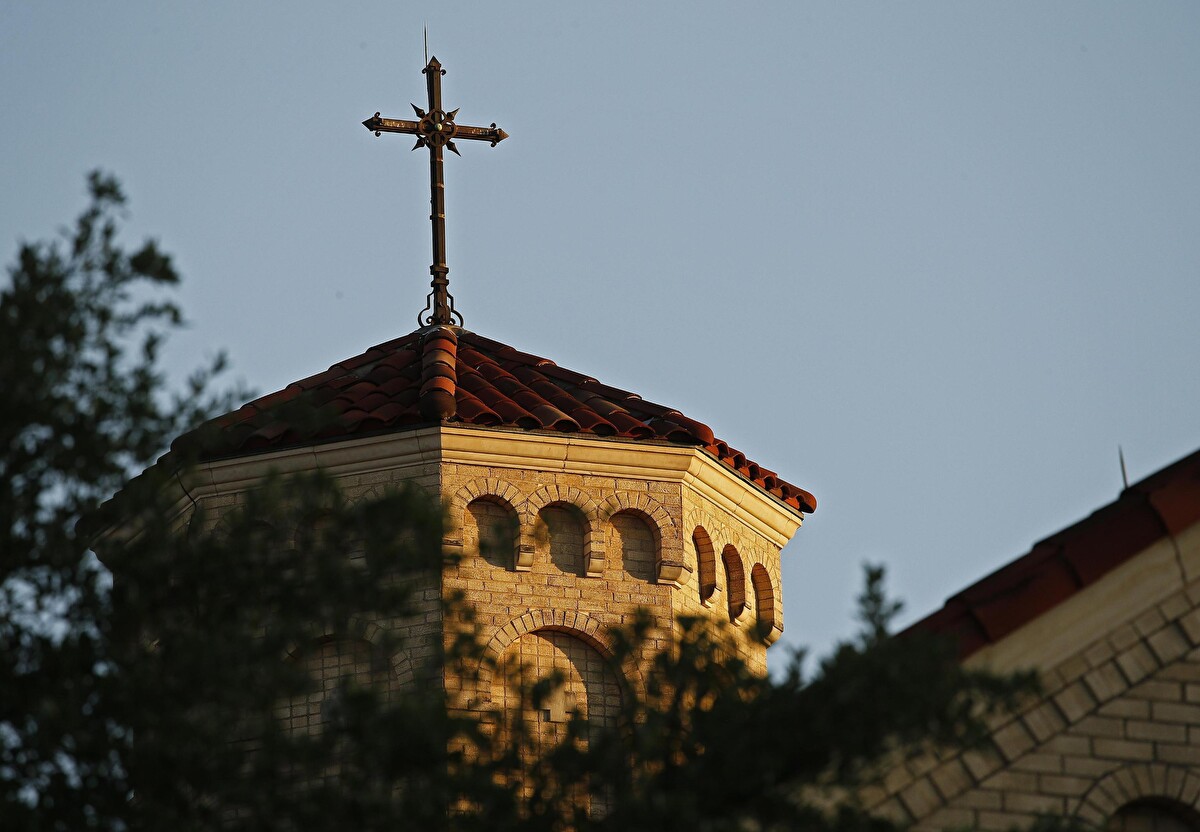Israel’s Knesset has passed legislation on Monday to ban the operations of the United Nations Relief and Works Agency for Palestine Refugees (UNRWA), an organization that has provided essential aid to Palestinian refugees for nearly 80 years. The move entails two main laws: one halting all UNRWA activities within Israeli territories, and another prohibiting Israeli officials from any engagement with the agency, effectively nullifying a 1967 agreement that previously authorized UNRWA to assist Palestinian refugees in Israeli-administered areas.
The impact of these measures is expected to be severe, affecting millions of Palestinians who rely on UNRWA for basic services. The agency has long been a lifeline for essential needs including education, healthcare, food security, and other support for approximately 5.9 million refugees across the Middle East. Of this number, more than 1.7 million reside in Gaza, while nearly 900,000 are located in the West Bank and East Jerusalem.
Boaz Bismuth, a Likud party member and the law’s principal advocate, likened UNRWA to Hamas, describing it as a catalyst for anti-Israel sentiment in its educational content. His perspective reflects a longstanding stance among Israeli right-wing factions that argue the agency both collaborates with Hamas and promotes anti-Israel ideology. While UNRWA has launched investigations and dismissed certain employees after the events of October 7, 2023, no systematic links to Hamas have been confirmed as of today.
UNRWA Commissioner-General Philippe Lazzarini condemned the new restrictions as a flagrant violation of international law, calling it a deliberate attempt to undermine the agency’s work in supporting Palestinian refugees. Israel’s main international ally, the United States, also voiced deep concern, though it has paused its UNRWA funding for an inquiry into alleged connections between the agency and Palestinian militant groups. The U.S. State Department cautioned that these legislative actions might adversely impact U.S.-Israel relations.
U.S. State Department spokesman Matthew Miller commented on Monday that the legislation “could have implications for U.S. law,” which prohibits arms transfers to countries that obstruct humanitarian assistance. He emphasized UNRWA’s “irreplaceable role” in Gaza, where it is at the forefront of delivering critical humanitarian aid during this crisis. “If UNRWA goes away, you will see civilians — including children, including babies — not be able to get access to food and water and medicine that they need to live. We find that unacceptable,” he stated. He further urged Israel to reconsider the law’s implementation, adding that the U.S. would monitor developments and respond accordingly.
Founded in 1949, UNRWA was initially created as a temporary humanitarian response to the Nakba, the “catastrophe” that resulted in the mass displacement of Palestinians following the establishment of Israel. Today, the agency serves more than five million Palestinians throughout the Middle East, primarily in areas heavily affected by conflict, such as Gaza, the West Bank, and East Jerusalem, as well as in refugee camps in Jordan, Lebanon, and Syria.
UNRWA’s unique mandate as the sole UN agency dedicated to a specific refugee population distinguishes it from the UN High Commissioner for Refugees (UNHCR), which assists refugees worldwide. Unlike UNHCR, however, UNRWA does not resettle Palestinian refugees, focusing instead on providing them with essential services through a network of schools, clinics, food distribution centers, and other support systems. This has made the agency a crucial component of Palestinian refugee life, employing over 30,000 people, the majority of whom are Palestinians.
Israel has long advocated for UNRWA’s dissolution, suggesting that its responsibilities be transferred to UNHCR. Critics argue that such a move could leave a devastating gap in support, as UNRWA operates numerous food distribution centers in Gaza, where almost half the population lives in extreme poverty. The agency is also integral to public health efforts, such as polio vaccination campaigns, and provides education and psychological support services for Palestinian children.
UN Secretary-General António Guterres recently described UNRWA as “indispensable” and warned Israel that approving this law could “stifle efforts to relieve suffering and reduce tensions in Gaza and the occupied territories.” Yet, his comments went unheeded, and the Israeli government further declared Guterres persona non grata over what it deemed his pro-Palestinian stance.
Aida Touma-Suleiman, an Arab-Israeli politician from the Hadash party, decried the ban as an attempt to “strip Palestinian refugees of their rights and status, creating new refugees by the day.” Israel disputes UNRWA’s definition of “refugee,” maintaining that descendants of Palestinians displaced in 1948 should not hold this status.
Countries such as Canada, France, Germany, and the United Kingdom have expressed solidarity with UNRWA, voicing concerns over the ban’s repercussions. In a joint statement, foreign ministers from seven nations urged Israel to reconsider the legislation, labeling UNRWA as “essential for delivering life-saving aid and critical services to Palestinian refugees.”












